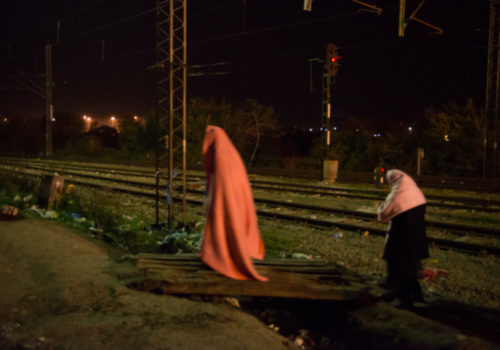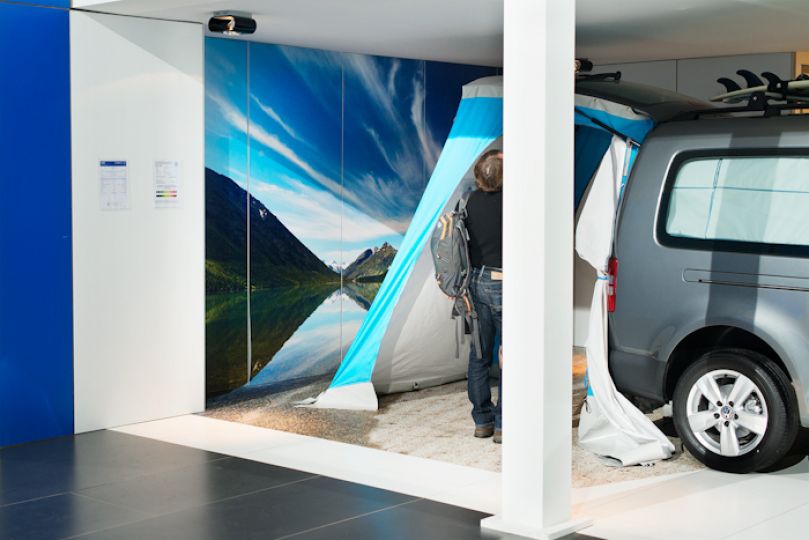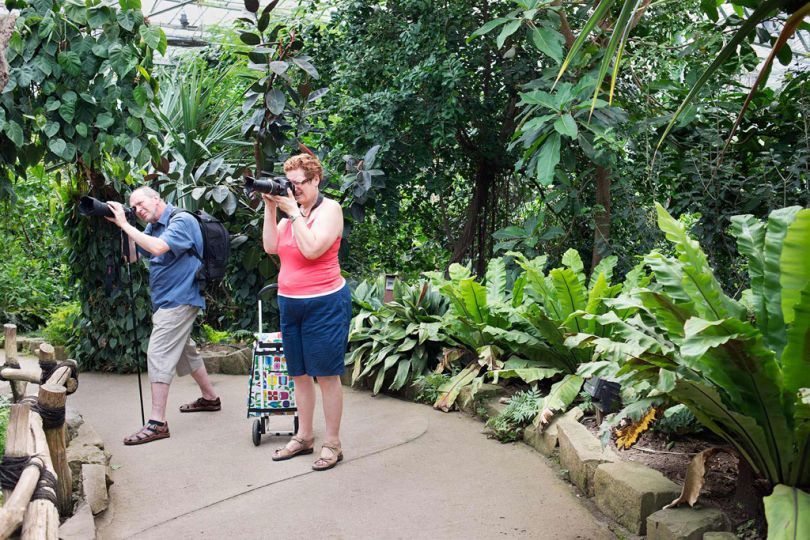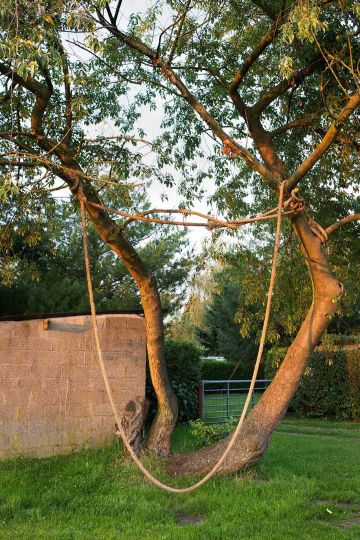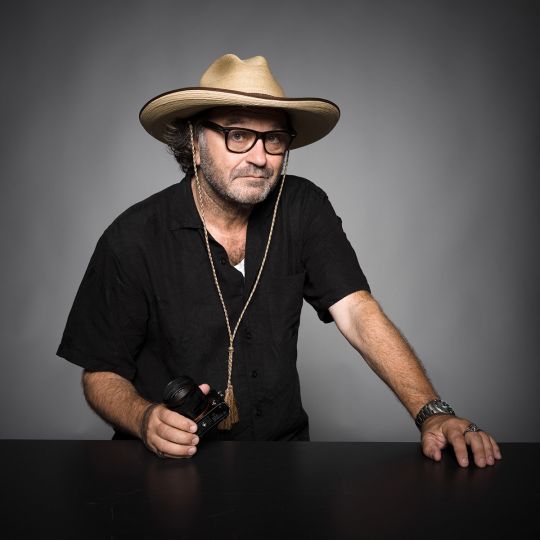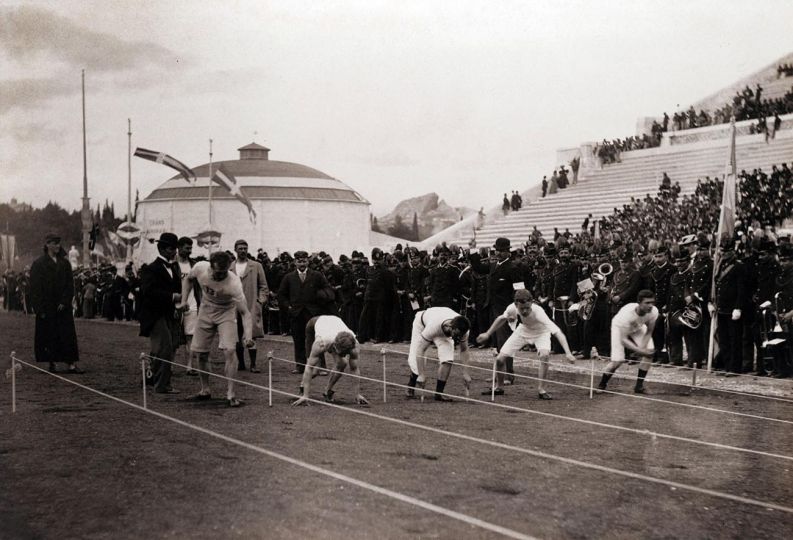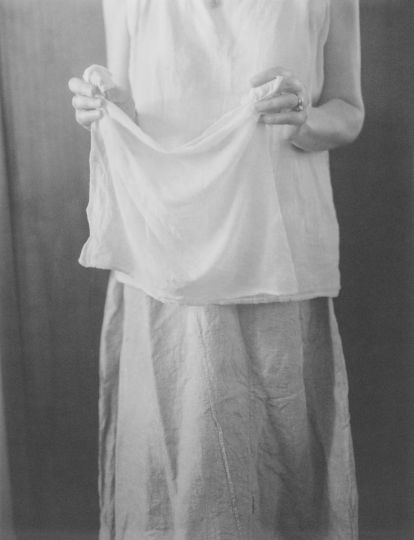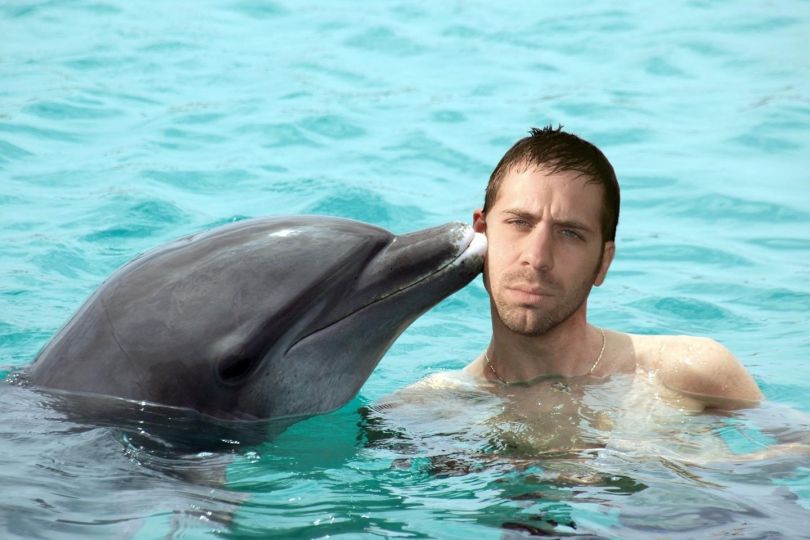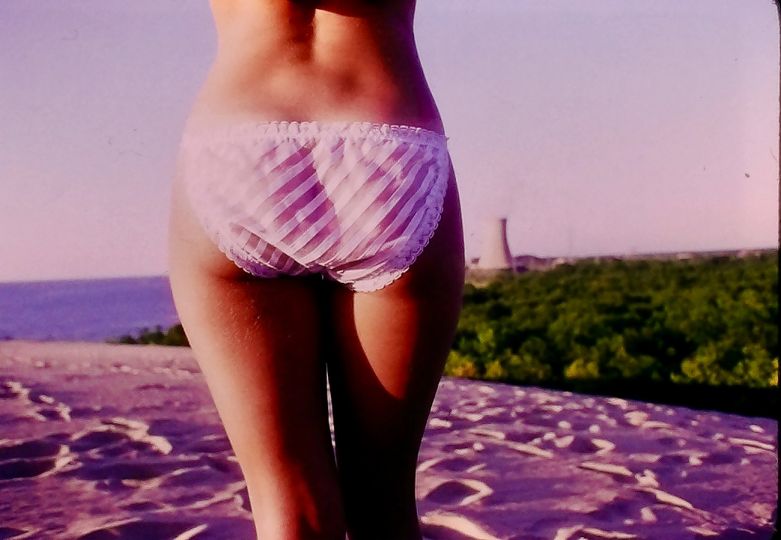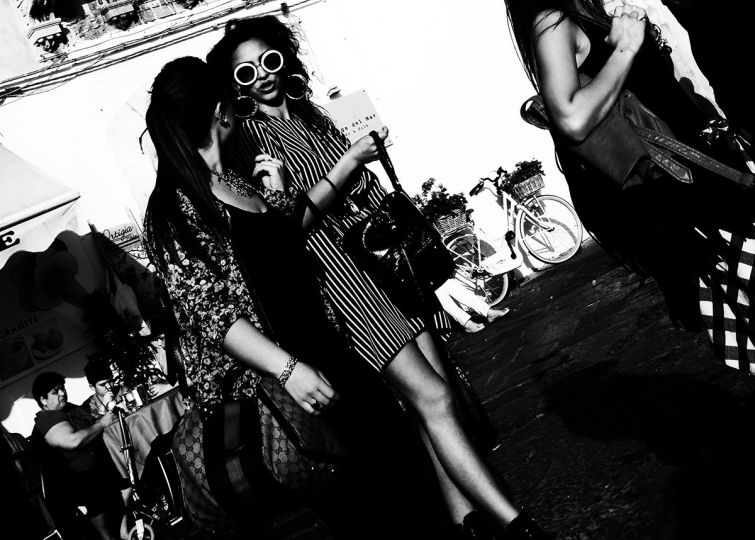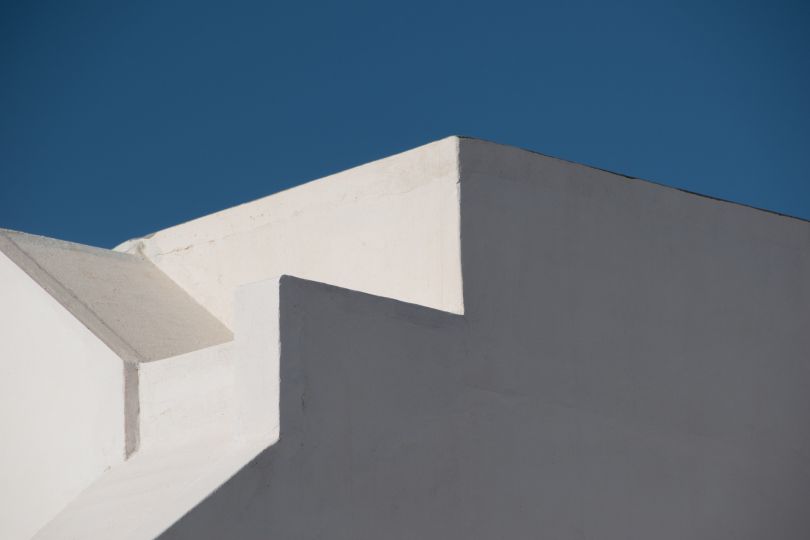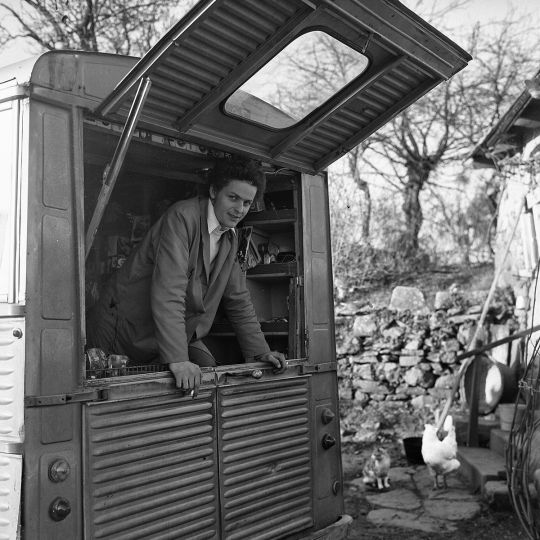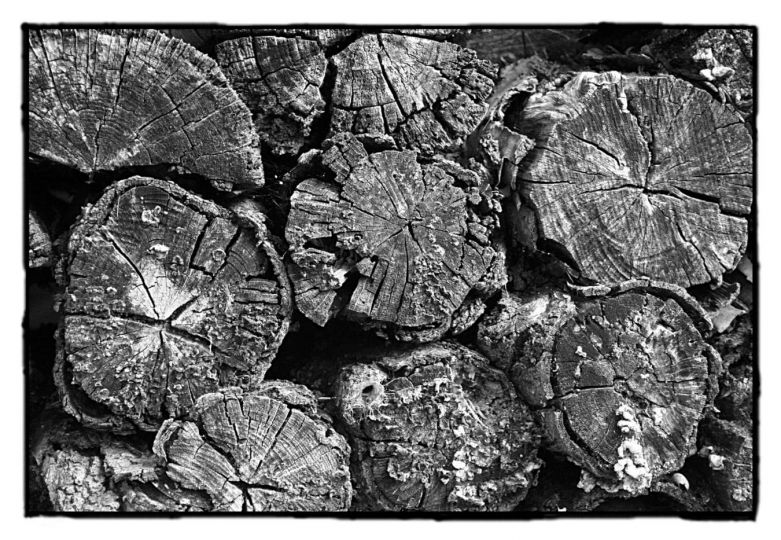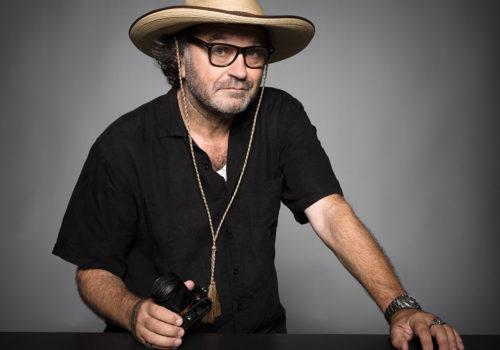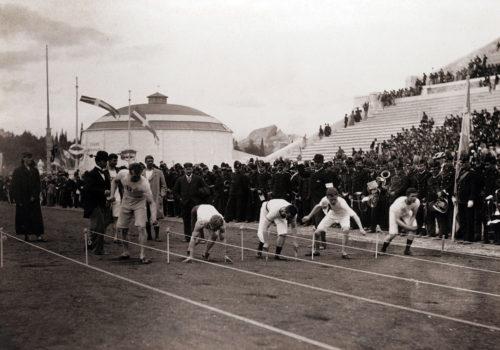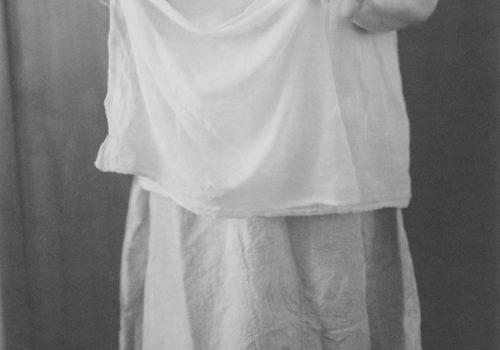The digital display on the dashboard reads 29 °. My large pores open due to the warm air on my face, I sweat so much that my thermal underwear is sticking to my skin. Down in her seat to my left, Aleksandra tries to get some sleep in her car during the night, like some other humanitarian workers. There is a crunch of wheels on the rails, “This is the train,” she tells me.
With the other volunteers, I tap the fogged windows of the train. In the cutting light of the lantern, passengers throw me questioning looks. I make a cross with my arms and say, “stop here”. Dragging the windows open, they ask where they are. “At Tabanovce, Macedonia,” I reply.
The first train of refugees from Gevgelija, Macedonia went through last June. Since then, about 6000 people pass by every day in Tabanovce. The national railway company quickly sensed a good bargain and quintupled the price of the ticket. It now costs 25 euros.
A group of people, Syrians, Iraqis, Afghans, Pakistanis, Somalis, etc., breathe the fresh air of the night, finally released from the rancid smell that perfumes the corridors of the train. The passengers depart the cars, some with a firm step, others rather shaky. Each traveller has a story, but here they are all perceived as refugees. I note :
01:06: I returned to the children’s tent, accompanied by a cohort of people. When he sees me the manager screams, “Yes, photographer, take lots of pictures!” Moments later, he ostentatiously puts a cap on the head of a baby.
01:42: There are some excrements on the ground. “The toilet is everywhere, especially for Afghans,” explains an aid worker.
02:14: Eight refugees help a small NGO bus to start by pushing it.
Several organizations are working in Tabanovce, either permanently or rather temporary. They provide people with clothes, packages of food and medical help. UNHCR (United Nations High Commissioner for Refugees) distributes thick blankets, marked with a large emblem of UNHCR.
In the camp, everyone has a business going on. The inhabitants of the nearby village come five minutes before the arrival of the train, with wheelbarrows full of gloves, hats, fruit, cigarettes, blankets, etc. Several rumours go around that these sellers maintain a good relationship with the border police.
04:33: A traveller is standing under the door of his small shelter. He gives a piece of bread to a village dog.
05:45: There is no one at the clothes stand. This is invaded by people who leave the place upside down.
06:15: A group of people are making a fire with cardboard, clothing and plastic. Volunteers distribute biscuits.
Disabled travellers are given special care. Aid workers take them along the four kilometres bumpy track leading to the Serbian town of Presevo, which serves as a registration camp. Halfway, the Serbian Red Cross and UNHCR work together and pick them up to take them by car.
From the train station volunteers try to give directions to newcomers: “You walk for two kilometres straight, until you see a police unit. Then you go left, again for two kilometres. You will reach the Serbian village of Miratovac. From there you can take a bus to Presevo, where you have to register yourself to be able to travel through Serbia.” Their uneasiness turns into courage. Most start walking directly towards Serbia.
I am completely overwhelmed by the arrival of the first train of the day that I witness and by the scenes that happen on the platform and between the shelters. But after 6 hours spent in the camp, I have become acclimated to the environment: the crying children who sit alone in a corner, people fighting over a package of food. Samba lost his friend Mustafa in the crowd. The risk here is getting used to these daily camp scenes.
08:15: Travellers preparing to hit the road greet me warmly: “Hello, how are you?”. “Fine, how are you?”. “Very good, thank you”, they respond enthusiastically. I wish them “Good luck!”.
10:01: A legless man gets help. He is taken away in a wheelbarrow to Serbia.
11:51: “This is the best camp I visited,” says a humanitarian worker to me, “because here, everything is based on love and not on government money.”
A ditch runs along the camp and a part of the railway. It has 7 days croissant packages in it, diapers, a black bra, leftover energy biscuits from the UNCHR, banana skins, Pipo orange juice boxes … The heat raises the smell of urine around the camp.
One may ask,’ What exactly is the tent for children?’ Tabanovce is only a place of passage because people do not register here. If you see a child playing in the tent, it is just an exception.
Behind me, I hear a hammer hitting steel. Workers install bars which are supposed to encourage people to stand in line at the food and clothing stand. Tabanovce changes daily. Wednesday’s chaotic path that leads to Serbia should be asphalted, a demand of the camp workers for a long time.
Now, at night, many travellers have difficulties on the bad and unlit road. Especially when they pass next to the white sign which symbolizes the illegal crossing of the border between Macedonia and Serbia.
14:54: A young 13-year-old boy from the village, plays the role of a translator. After school, he helps his parents in sales. I asked the price of bananas and he answers:” three euros. But If there is a family with children we sell the bananas for one euro.”
19:23: I am alone in the food booth. A campfire burns my eyes. A young Syrian calls me and offers me a cigarette. He holds his smartphone in the air and takes a selfie with me.
22:33: I wander around in the camp. A volunteer near food packets hails me: “Hey, free food here.” Approaching me, he changed his mind: “Oh, it’s you Tomas, I thought you were a refugee …”
Photos and text by Tomas Bachot
A big thank you to Aleksandra Davidovska and Jeroen Wils
Translation by Jenna Meerseman, Fabrice Detry, Ioana Bostan and Toma Bembea
http://tomasbachot.com

